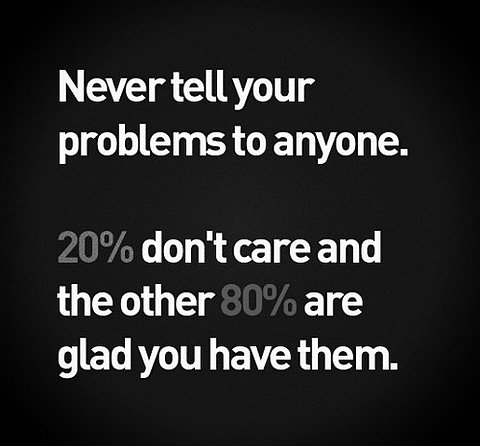 Here’re 5 sites I check daily. They don’t have any connection to one another. I’m listing them in the order I think most people might “like to follow” to what “some people might find interesting sometimes.”
Here’re 5 sites I check daily. They don’t have any connection to one another. I’m listing them in the order I think most people might “like to follow” to what “some people might find interesting sometimes.”
This post is related to one I wrote 6 weeks ago, “A Lot More,” addressing how I streamline my browsing by assigning sites to files I’ll visit on an assigned day of the week (Monday through Friday) plus one file that I’ll check daily.
So these are 5 daily sites I think you might like too.
Kottke – Jason Kottke has been gleaning interesting stuff from all over the web for almost 15 years. From his About page: “…primarily written by Jason Kottke. The editorial direction of the site is all over the place but clusters around a pair of hand-wavy ideas: the liberal arts 2.0 and people are awesome.”
Seth Godin – From his Bio page: “Seth is the author of fourteen bestselling books that have changed the way people think about marketing, change and work. His books have been translated into more than 33 languages, and his ebooks are among the most popular ever published. His irrepressible speaking style and no-holds-barred blog have helped him create a large following around the world.” Seth blogs everyday and is at around 4,000 posts. Surprisingly, each post is worth a read.
Conditioning Research – This blog is written by a Scotsman, Chris Highcock. Chris’ posts are well-considered takes on, as his tagline says, “…interesting things about fitness, strength, diet and performance.” Food for thought.
Kool Tools – If you liked the “Whole Earth Catalog” you’ll like this site. Each day you can access new ideas and tools people submit. The submitter provides a short description of the tool and why they like it so much. The world is full of clever ideas and you’ll discover lots of ’em here.
From the tagline: “A cool tool can be any book, gadget, software, video, map, hardware, material, or website that is tried and true. All reviews on are written by readers who have actually used the tool and others like it. Items can be either old or new as long as they are wonderful. Suggestions for tools much better than what is recommended here are always wanted.”
Seth Roberts – Two Seths on one short blog list! This Seth is a psychology professor at Berkeley who tests his ideas about better living by using simple experiments on himself to find solution for sleep issues, acne, eating times… as his tagline says, “Personal Science, Self-Experimentation, Scientific Method.” Give this blog a chance, and something will capture your interest.
 It’s easy sometimes to miss out on what the plot line of our life is.
It’s easy sometimes to miss out on what the plot line of our life is.






